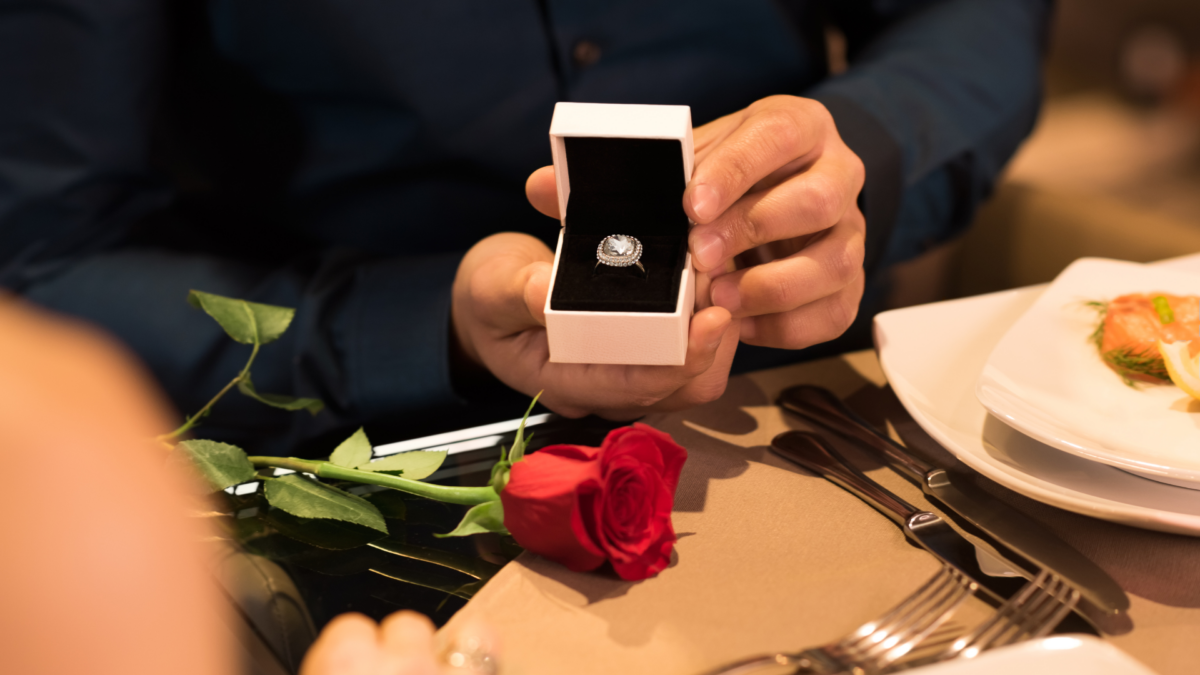Feeling in love? Take the leap to propose this Leap Year! Here’s why

STOCK PHOTO
As February gains an extra day, some see it as an opportunity to prove themselves, while others begrudgingly accept this addition to the calendar, especially since it means waiting longer for their paycheck.
Leap years traces back to the necessity of aligning our calendars with Earth’s orbit. Mario Raymundo, an astronomer from the Philippine Atmospheric, Geophysical and Astronomical Services Administration (PAGASA), explains that this adjustment ensures our calendar remains synchronized with the astronomical year, accounting for the fact that Earth’s orbit actually takes around 365.25 days.

By adding an extra day to the calendar every four years, we compensate for this discrepancy. If we didn’t have leap years, our calendar would gradually fall out of sync with the seasons.
Yet, with this necessary adjustment comes several superstitions. Neither Julius Caesar nor any pope could have predicted the quirky traditions that would sprout. So, let’s embrace the whimsy of this extra day while we grumble about it.
What about the Leap Year babies?
In Scotland, babies born on Leap Days are considered special or lucky, though some superstitions warn of their mischievous tendencies. Yet, their rare birthdate often comes with perks, such as “free” promos and discounts worldwide.
CBS News reports that the likelihood of being born on Feb. 29 is only 1 in 1,461. Astrologically speaking, individuals born under the sign of Pisces are said to be blessed with talent and good looks. Well, P-Pop rookie group AJAA has Ash Rivera backing up this claim (Happy birthday!).
View this post on Instagram
Perhaps it’s their rare birthdate that imbues them with an extra dose of magic and charm.
Perfect for marriage proposals
According to the British Broadcasting Corporation (BBC) and travel and lifestyle website Oddities and Curiosities Travel, Leap Day is seen as an opportunity for women to propose marriage to their partners. Legend has it that this tradition originated with St. Brigid and St. Patrick, who responded to the concerns of single women regarding the extended period of waiting for marriage proposals.
This custom flips the script on traditional gender roles, making Leap Day a time for women to take charge in matters of the heart. So, if you’re feeling lucky in love, why not take the leap?
But, you shouldn’t get married
While proposing on a Leap Year is considered acceptable, there’s a widespread belief that tying the knot or seeking a divorce during such a time is ill-advised.
Many hold the notion that marriages occurring in Leap Years are prone to misfortune, often viewed as doomed from the start. Additionally, Greek superstition cautions that those who end their marriage in a Leap Year may face a grim fate of perpetual unhappiness.
Bad luck on Leap Years
Superstitions extend to mortality rates, with some attributing a spike in deaths to Leap Days.
Andrei Vedernikov, the first Soviet to win an individual amateur road race at the World Championships in 1981, died as a result of a falling tree on a Leap Day in 2020, and Former Philippine President Elpidio Quirino actually died of a heart attack at his home in Quezon City on the evening of Feb. 29, 1956, and there are actually more instances.
Whether coincidence or cautionary tale, it’s wise to take extra safety precautions.
Predicting the future weather?
As shared by Lonely Planet, Scottish farmers reportedly harbor concerns for their livestock, as evidenced by an old saying suggesting that a “leap year was never a good sheep year.”
Perhaps this sentiment is linked to weather patterns, as reflected in the German proverb “Schaltjahr wird Kaltjahr,” which translates to “leap year will be a cold year.”
Moreover, in Scottish folklore, it is believed that the weather on Leap Day serves as a predictor for the rest of the year. A sunny Leap Day may herald stormy months ahead, while cloudy skies promise fair weather.
Whether viewed as lucky or ominous, Leap Day offers a touch of unpredictability to our lives. After all, who knows what surprises the next Leap Year will bring?

